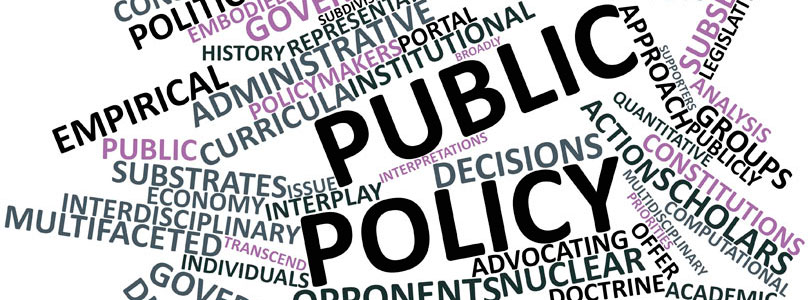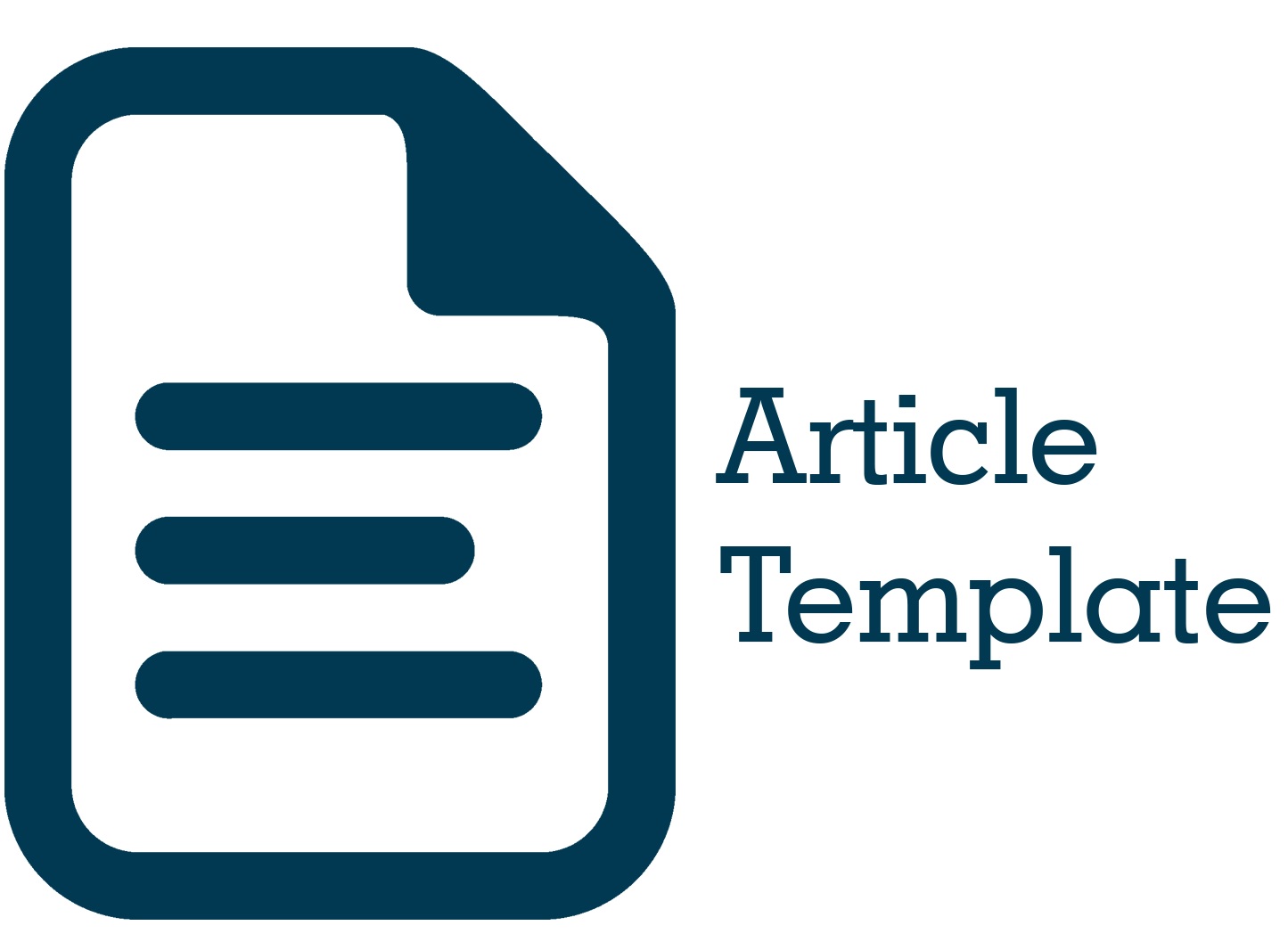Legalitas Pernikahan Siri di Indonesia
DOI:
https://doi.org/10.51135/PublicPolicy.v1.i1.p61-75Keywords:
Legality, Siri MarriageAbstract
Abstract
This study aims to analyze the legality issues of siri marriages which have become polemic in the life of the people in Indonesia and their impact on women and children according to Indonesian marriage law, which is regulated according to Law Number 1 of 1974 concerning marriage. This study uses the type or type of Normative Legal research and library research, using the statutory approach, conceptual approach, and the comparative approach. This study uses these approaches because what is examined here is the rule of law and/or legislation relating to marital marriages. The research results are then analyzed and described qualitatively.
The results of this study indicate that, Law Number 1 of 1974 concerning marriages is still ambiguous, there is a norm conflict between one article and another that causes confusion and differences in perception among the community that triggers polemics. So that through the results of normative juridical studies, this research concluded that based on legal principles and legal norms in Law No. 1 of 1974 concerning marriages along with other statutory regulations, Siri marriages are marriages that are considered illegal. Thus, this legal juridical illegitimate marriage will have a very detrimental effect on the parties, especially women and children who are bound in the marital relationship of Siri.
Keywords: Legality, Siri Marriage
Downloads

Downloads
Published
How to Cite
Issue
Section
License
Authors whose manuscripts are published in the Journal of Public Policy must agree to the following terms;
- Publication rights for all manuscript materials published are held by the editorial board with the author's consent.
- The legal formalities for digital access to the Journal of Public Policy are subject to the Creative Commons Attribution Sharealike (CC BY SA) license, which means the Journal of Public Policy has the right to store, redistribute, reformat, manage in a database, maintain, and publish the manuscript without seeking permission from the author as long as the author's name is included as the copyright owner.
- Published manuscripts are open access for the purpose of disseminating research results. Besides this purpose, the editorial board is not responsible for copyright law violations.


.png)



